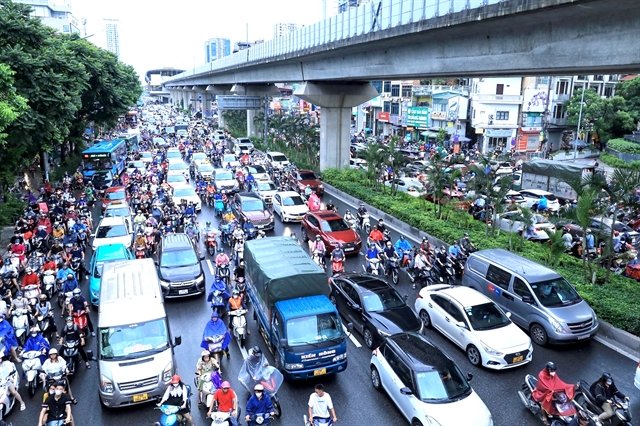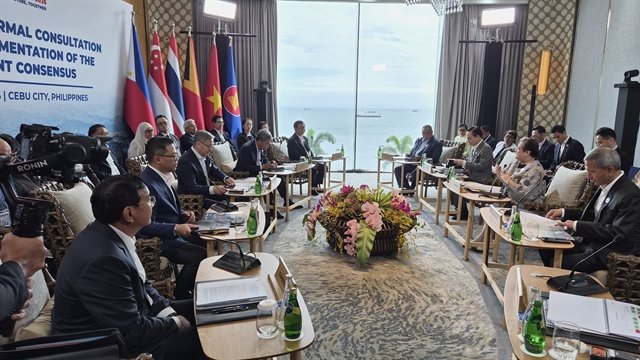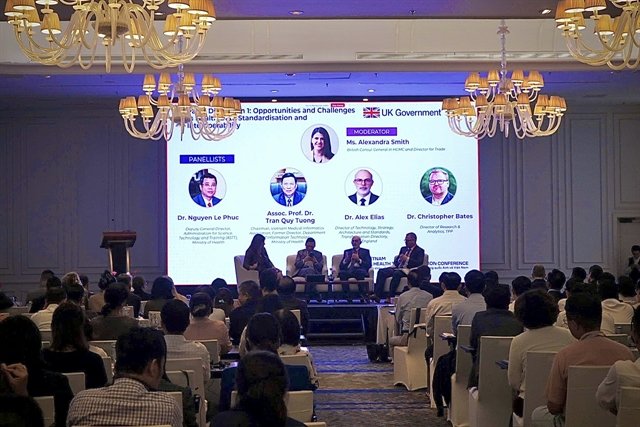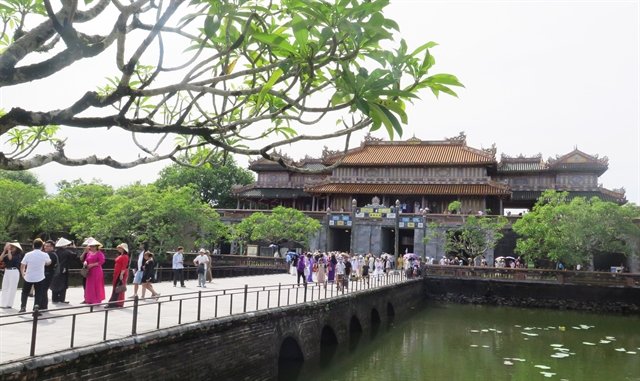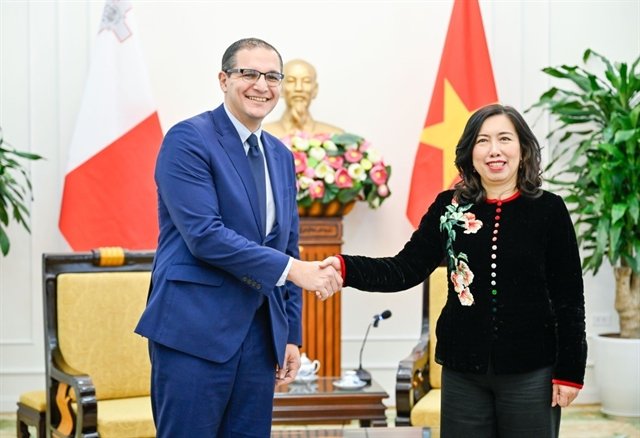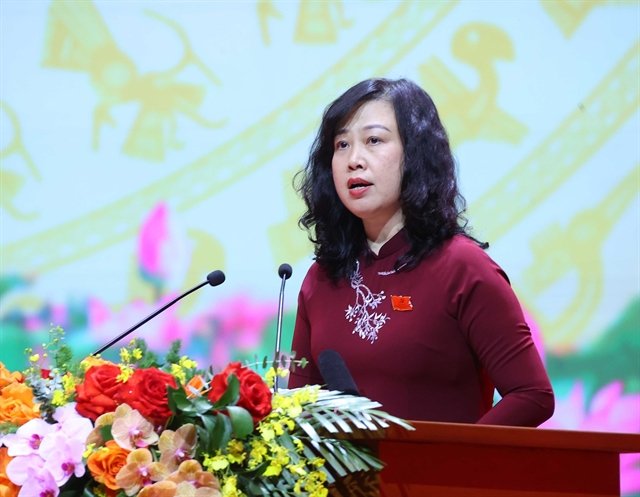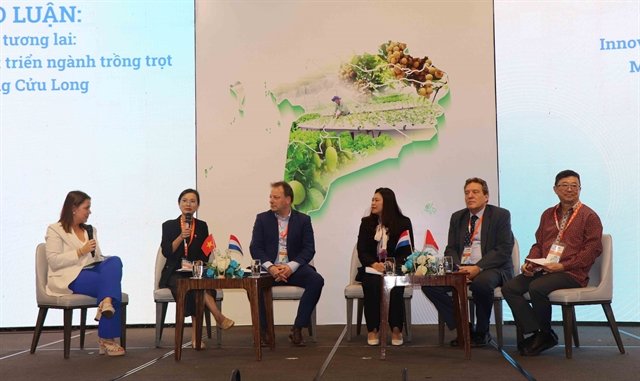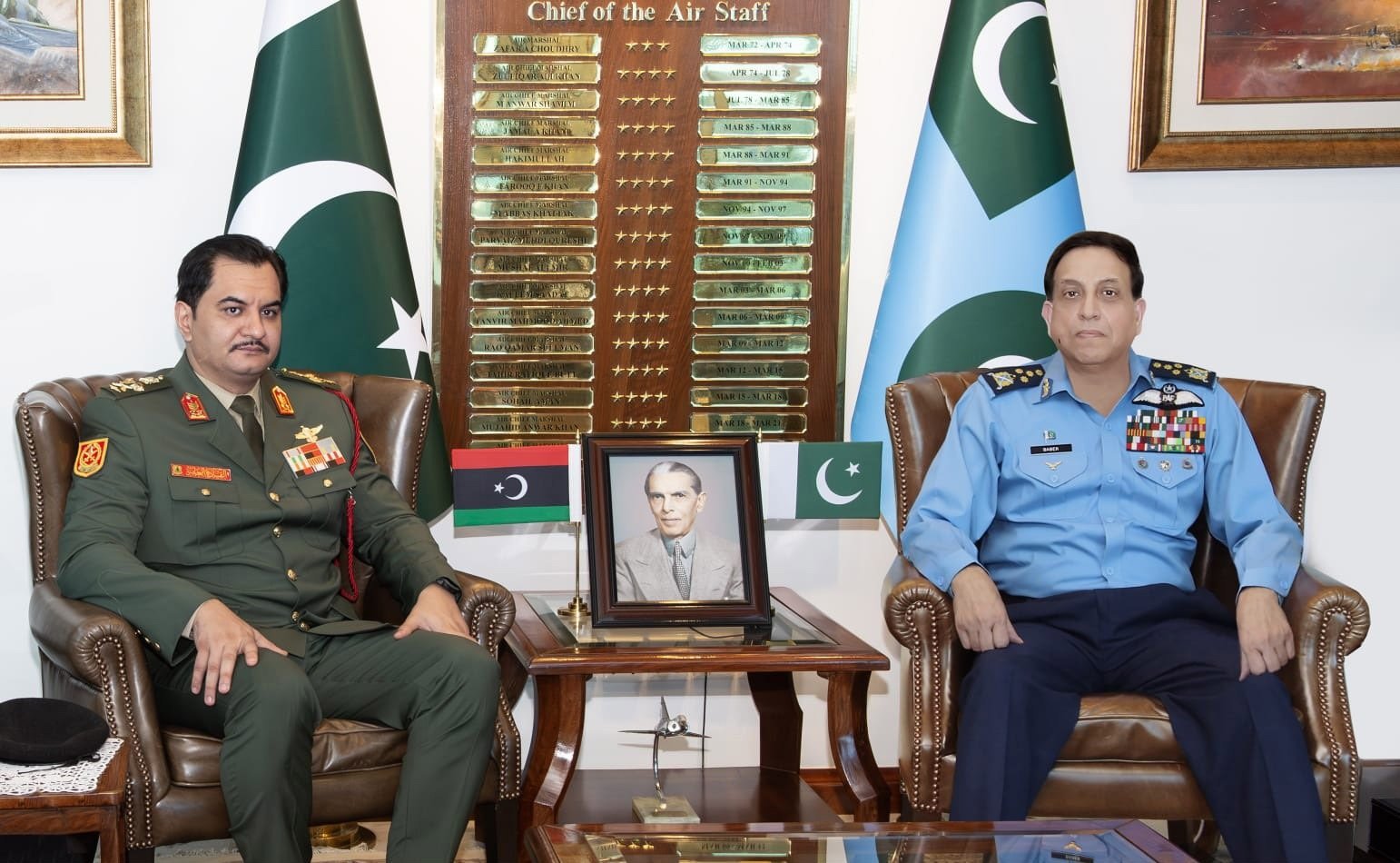Cairo, The Europe Today – August 5, 2025: State President Lương Cường on Monday reaffirmed Vietnam’s commitment to opening a new chapter in its multifaceted cooperation with Arab nations, highlighting peace, partnership, and sustainable development as shared aspirations for both sides.
Delivering a key policy address at the headquarters of the Arab League in Cairo, the Vietnamese leader emphasized the tremendous potential for deepened collaboration in renewable energy, particularly in solar and wind power, green hydrogen production, and energy storage technologies. These areas, he noted, can draw on the Arab world’s strengths in capital and advanced technology and Vietnam’s growing capacity in sustainable energy development.
The speech came as part of President Cường’s ongoing State visit to Egypt, during which he was welcomed by Arab League Secretary-General Ahmed Aboul Gheit, ambassadors, and heads of mission from all 22 member states. The two leaders jointly presided over a ceremonial hoisting of Vietnam’s national flag at the League’s Cairo headquarters — a powerful symbol of the deepening partnership between Vietnam and the Arab world.
Founded in 1945 and based in Cairo, the Arab League is a regional intergovernmental organization comprising 22 countries across North Africa, the Horn of Africa, and the Arabian Peninsula, including Egypt, Saudi Arabia, and the United Arab Emirates.
President Cường noted that the bilateral cooperation mechanism established in July 2023 between Vietnam’s Ministry of Foreign Affairs and the League’s General Secretariat had laid a strong institutional foundation for further engagement.
Addressing today’s complex global challenges, President Cường called on all nations to uphold their collective responsibility in maintaining peace through multilateralism, adherence to the United Nations Charter, respect for international law, and safeguarding the legitimate interests of small and medium-sized countries.
Speaking from a country that has endured decades of war, he emphasized Vietnam’s deep appreciation of peace and voiced concern over the ongoing humanitarian crisis and violence in the Middle East. He reiterated Vietnam’s support for a peaceful, negotiated resolution to regional conflicts, stressing adherence to international law and meaningful dialogue.
In particular, he reaffirmed Vietnam’s principled support for the Middle East peace process, advocating for a two-state solution consistent with relevant UN resolutions and the UN Charter.
Reflecting on Vietnam’s transformative journey since launching its Đổi mới (Renewal) reforms nearly four decades ago, President Cường outlined the nation’s progress across three strategic pillars: the building of a socialist democracy, the development of a socialist rule-of-law state, and the establishment of a socialist-oriented market economy.
He reiterated Vietnam’s national development goals: to become a modern, upper-middle-income industrialized country by 2030 and to achieve high-income developed status by 2045.
On foreign policy, the Vietnamese leader reaffirmed the country’s commitment to an independent, peaceful, self-reliant, and proactive diplomacy, grounded in multilateralism and diversification. He stated that Vietnam would continue its deep international integration and serve as a responsible, constructive member of the global community.
Cường also expressed pride in the country’s diplomatic relations with all 22 Arab League member states, noting the increasing substance and effectiveness of cooperation in recent years.
To further strengthen these ties, he proposed:
- Enhanced high-level exchanges through bilateral and multilateral channels;
- Deeper cooperation in renewable energy sectors, including solar, wind, green hydrogen, and storage;
- Greater support for over 30,000 Vietnamese workers in countries such as Saudi Arabia, Kuwait, Qatar, and the UAE, ensuring their welfare and stable contributions;
- Expanded cultural and educational exchanges, including scholarship programs and support for Vietnamese students studying Arabic;
- And stronger coordination in regional and international forums to amplify the voices and interests of developing nations.
President Cường concluded by expressing Vietnam’s readiness to act as a bridge between ASEAN and the Arab League, particularly in promoting peace and shaping a just, inclusive global order based on international law — one that respects the aspirations and rights of developing countries.
His address marked a significant step in elevating Vietnam–Arab relations, setting the tone for a new era of strategic cooperation rooted in shared values, mutual respect, and a forward-looking vision.

